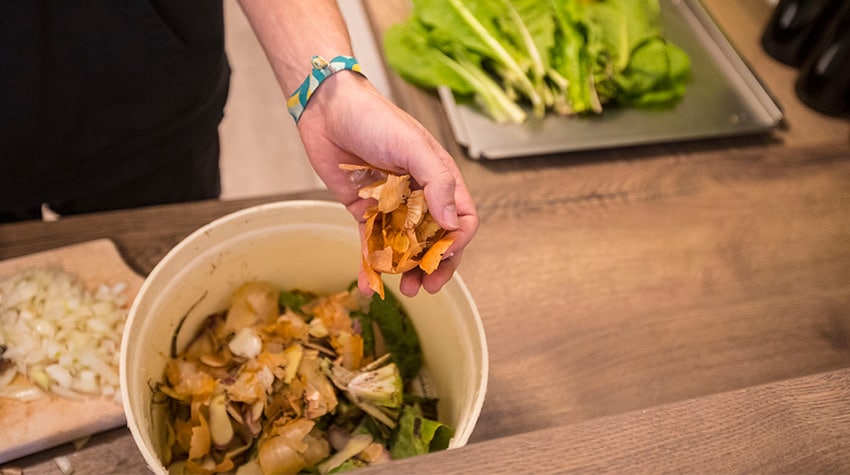Aug 23, 2023
Sustainable Cooking – Three Steps to a Zero Waste Kitchen
Increasingly, restaurant owners are looking for ways to incorporate zero-waste practices as a way to optimize their food purchases and be more sustainable. Whether it’s using all parts of an ingredient, composting the leftovers, or serving smaller dishes, these strategies can reduce the amount of waste that goes to landfills and help chefs become more resourceful.
Chefs may not be aware of the environmental impact they have on waste disposal, but a few simple changes can make a huge difference to your bottom line. In fact, if every chef in the country did these simple things, it would significantly reduce the amount of waste that ends up in landfills.
Step One: Start with the basics
As we all know, waste is a problem in any industry. It’s particularly true for restaurants, which are known to generate a lot of trash on a daily basis. To cut down on waste, it’s important for your operation to have an efficient inventory management system and to regularly check the amounts of perishable products that are in stock.
Conserving your resources is also an essential step to adding sustainable practices to your operation. This can include finding new ways to use all parts of ingredients, measuring them more accurately, or being more precise in your spreading, drizzling, or sprinkling. Try using a measured spray from Vegalene pan release sprays to reduce cooking oil waste. Seasoning your dishes can also be more consistent with Vegalene Seasoning Sprays, where one spray can save time and money while not wasting excess spices.
Step Two: Compost food scraps
Another great way to start reducing your waste is to compost your leftovers or food scraps that have been left on customers’ plates. Composting helps turn your scraps into organic fertilizer, which you can use to grow more fresh fruits and vegetables!
The best way to compost your scraps is to find a local composter. These facilities can pick up your leftovers, which they then take to a commercial facility. To be able to compost your food waste, you must have the proper equipment and a trained staff to handle it. It’s also important to set up a program that will help your staff learn how to dispose of their own waste properly.
Step Three: Buy more reusable items
For more ways to go green in the kitchen, you can invest in reusable products that can be used time and time again. This can mean investing in a large collection of containers that are durable and easy to clean. Cleaning your dishes and pans thoroughly to protect their longevity is also an essential step to your operation becoming more sustainable. A quality pan release spray can help with this such as Vegalene pan release sprays to protect pan coatings, ensuring you can reuse your pans over and over again.
It’s also important for restaurants to recycle their plastic, glass, and aluminum items in a timely manner to avoid them from getting stuck in the landfills. Fortunately, this can be done easily with the right resources and a little creativity.
In addition to these practical steps, you should focus on educating your staff on the importance of reducing waste and helping them adopt these new habits in their daily routines. This will encourage a sustainable culture that can be built and maintained throughout your restaurant.

 Cart ( 0 )
Cart ( 0 )